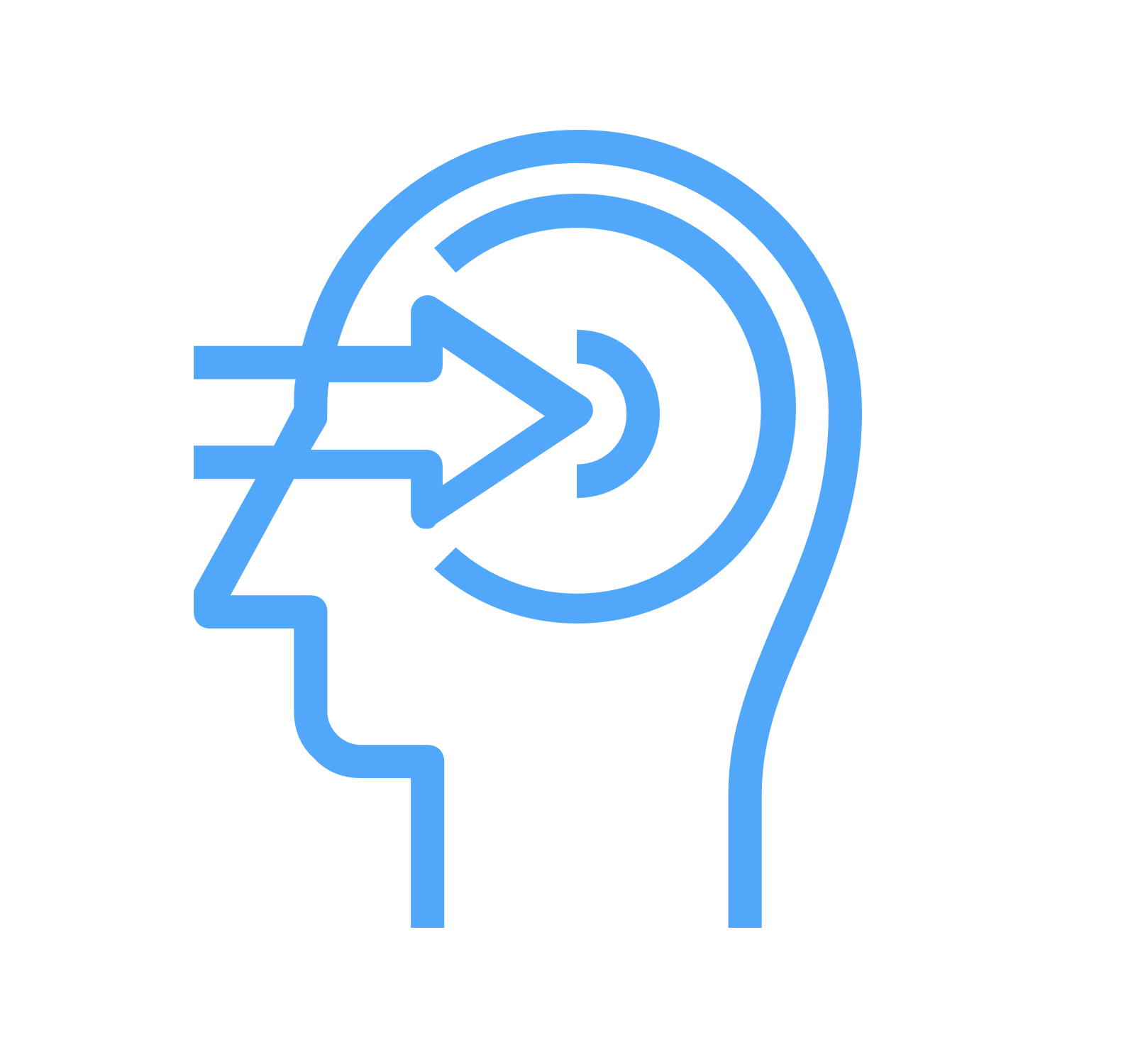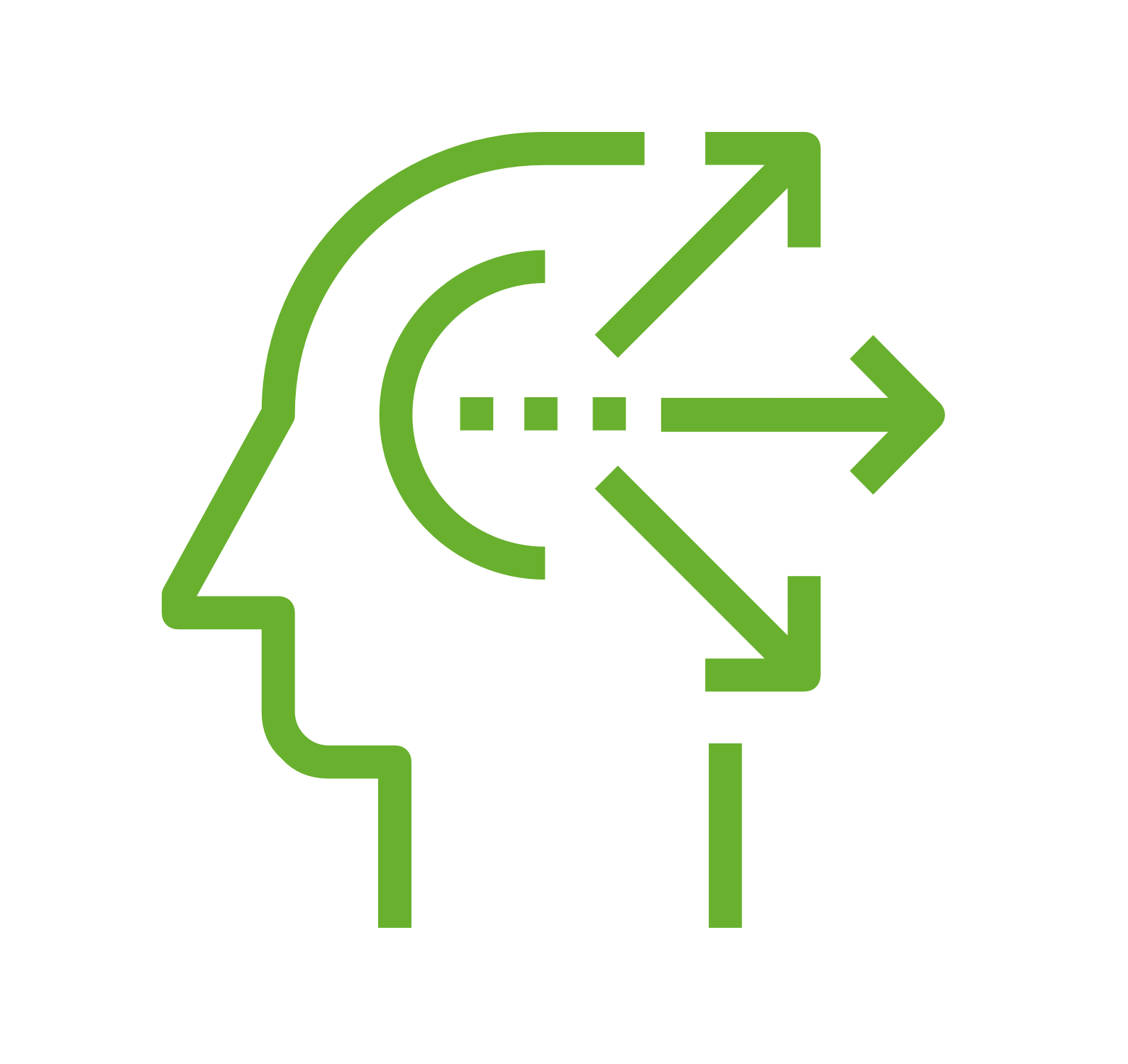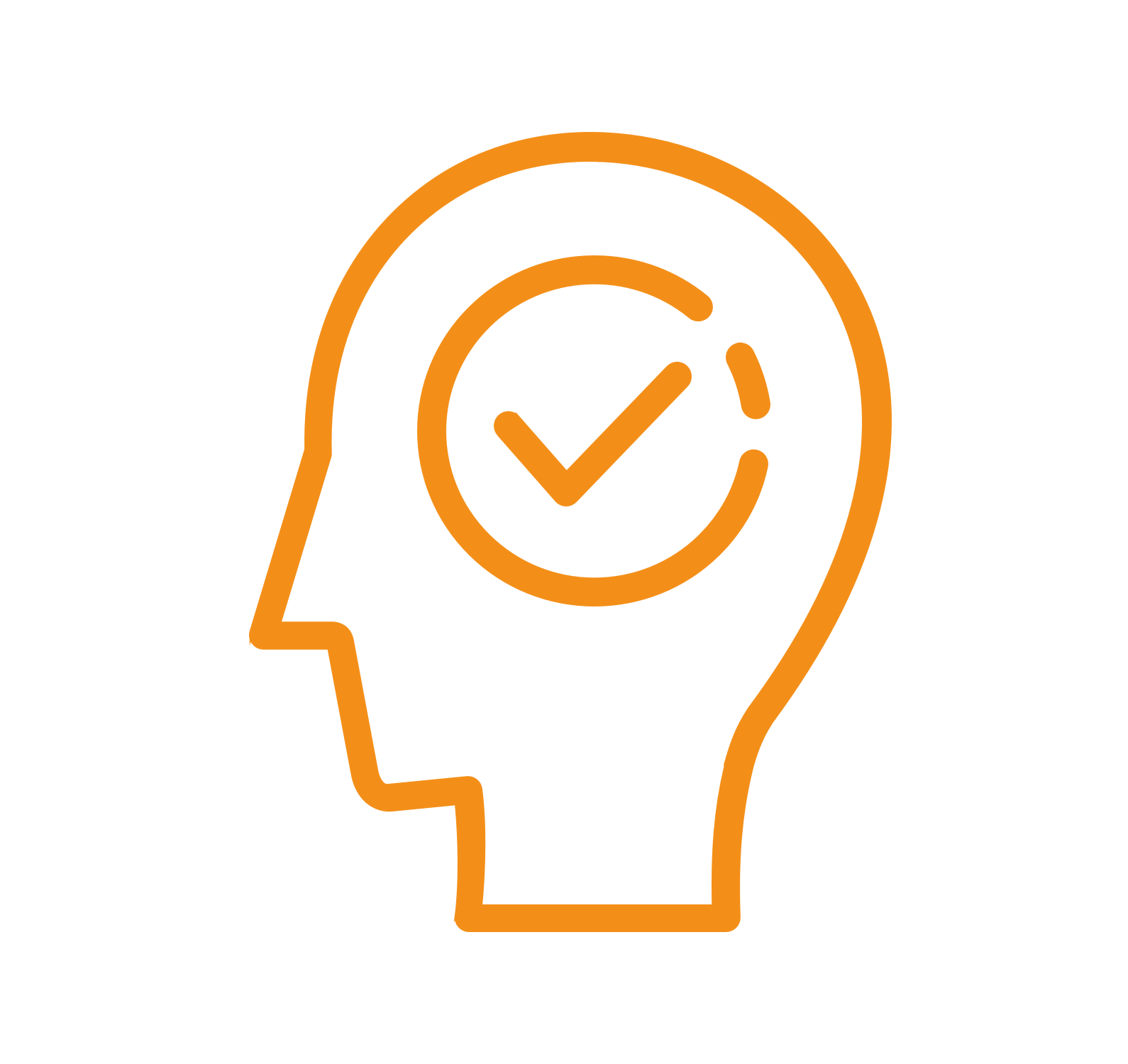
Psychology
The comprehensive contents from this book, combined with Odigia’s Teaching and Learning Tools have everything you need to engage, collaborate, track and assess your students.
This course includes:

413
practice questions

127
engagement activities

1760
assessment questions
Helping Teachers Do What They Do Best: Teach

Customize
Use our courses as is or easily customize them to fit your teaching style and the needs of your students. You can add your favorite resources, hide and show our existing content and pre-built assessments, or make them your own. Everything your students need, in one place!

Engage and Collaborate
Odigia combines learning materials, discussions, and tools to create a familiar social experience for students allowing you to easily connect and redirect students attention.

Track
See how much time students are spending on different areas of the course, which areas are creating the most amount of engagement and identify topics the students are struggling with. Flag and provide feedback on assignments to proactively meet individual students' needs.

Assess
Game theory allows students to monitor their progress visually and motivates them to stay on track. Students can see exactly what activities they need to complete, which ones have been flagged and compare their progress against the overall class.
Psychology Course Outline
What are the basic fundamentals of Psychology?
- How is psychology defined?
- What major theories defined early psychology?
- What are the major focuses of contemporary psychology?
- What are different career options in the psychology field?
How does psychological research benefit society?
- Why is psychological research important?
- How do the major psychological research approaches differ?
- What factors should be considered when analyzing research findings?
- What ethical considerations should be observed when conducting research?
What is biopsychology?
- Why do psychological researchers study human genetics?
- How do the cells of the nervous system communicate with each other?
- What are the major differences between the various parts of the nervous system?
- What are the main functions of the brain and spinal cord?
- How does the endocrine system regulate bodily functions?
How do people experience different states of consciousness?
- What is consciousness?
- Why do we need sleep?
- What are the different stages of sleep?
- How do sleep problems and disorders affect people?
- How does substance abuse and use affect behavior and experience?
- What are the similarities and differences between hypnosis and meditation?
How does sensory information influence perception?
- How do sensation and perception differ?
- How do the physical properties of light and sound affect our perceptual experiences?
- What are the basic structures and functions of the vision system?
- What are the basic structure and function of the auditory system?
- What are the functions of the other senses?
- What are the Gestalt principles of perception?
How do we learn?
- What is learning?
- How does classical conditioning occur?
- What is operant conditioning?
- How does observational learning mold behavior?
Why are thinking and intelligence considered higher-level cognitive processes?
- What is cognition?
- How does the use of language develop?
- What are effective problem solving strategies?
- How are intelligence and creativity defined?
- How is intelligence measured?
- What is the source of intelligence?
How do we process and store memories?
- What are the basic functions of memory?
- Which parts of the brain are involved with memory?
- What are some of the problems associated with memory?
- How can memory be enhanced?
How do humans develop during the course of their lifetime?
- What are the three domains of lifespan development?
- How were the major lifespan theories developed?
- What are the different stages of development?
- How are death and dying viewed?
How do emotion and motivation impact behavior?
- How is motivation defined?
- How are hunger and eating regulated?
- Which biological mechanism regulate sexual behavior and motivation?
- What are the major theories of emotion?
Why does personality influence behavior and experiences?
- How is personality defined?
- What are the foundations of Freud’s psychodynamic perspective?
- How did the neo-Freudian perspectives differ from Freud’s?
- How do different learning approaches explain personality?
- What are the humanistic approaches to explaining personality?
- How much of personality is biological?
- Why do trait theorists believe personality is determined by specific traits?
- What are the major approaches to understanding personality in a cultural context?
- How are assessments used to define personality?
Why do social factor influence human behavior?
- What is social psychology?
- How to social roles and norms influence behavior?
- How are attitudes changed through persuasion?
- What do conformity, compliance, and obedience have to do with personality?
- Why to prejudice and discrimination exist?
- What prompts aggression and aggressive behaviors?
- How are relationships formed?
How does industrial and organizational psychology affect our daily lives?
- What is industrial and organizational psychology?
- How can industrial psychology be used to select and evaluate employees?
- What is the significance or organizational culture?
- Why is human factors psychology important to job satisfaction and safety?
What role does stress play in a person’s lifestyle and health?
- What is stress?
- What type of events create stressors?
- How does stress lead to and affect illnesses?
- How can stress be regulated?
- What is the pursuit of happiness?
Why do some people suffer from psychological disorders?
- What are psychological disorders?
- How are psychological disorders diagnosed and classified?
- What are different perspectives on psychological disorders today?
- Which psychological and biological factors influence and/or lead to anxiety disorders?
- How does obsessive-compulsive disorder develop?
- Why do people suffer from post traumatic stress disorder?
- What are the symptoms of major mood disorders?
- How do genetic, biological, and environmental factors influence the development of schizophrenia?
- What is the essential nature of dissociative disorders?
- How do personality disorders differ from other disorders?
- What types of disorders affect children?
What types of therapy and treatment are available for psychological issues?
- How have mental health treatments changed over time?
- What is the difference between psychotherapy and biomedical therapy?
- What is the difference between psychotherapy and biomedical therapy?
- What are effective treatments for substance-related and addictive disorders?
- What are effective treatments for substance-related and addictive disorders?
Psychology is designed to meet scope and sequence requirements for the single-semester introduction to psychology course. The book offers a comprehensive treatment of core concepts, grounded in both classic studies and current and emerging research. The text also includes coverage of the DSM-5 in examinations of psychological disorders. Psychology incorporates discussions that reflect the diversity within the discipline, as well as the diversity of cultures and communities across the globe.
About the authors:
Senior Contributing Authors
Kathryn Dumper, Bainbridge State College
William Jenkins, Mercer University
Arlene Lacombe, Saint Joseph’s University
Marilyn Lovett, Livingstone College
Marion Perlmutter, University of Michigan

